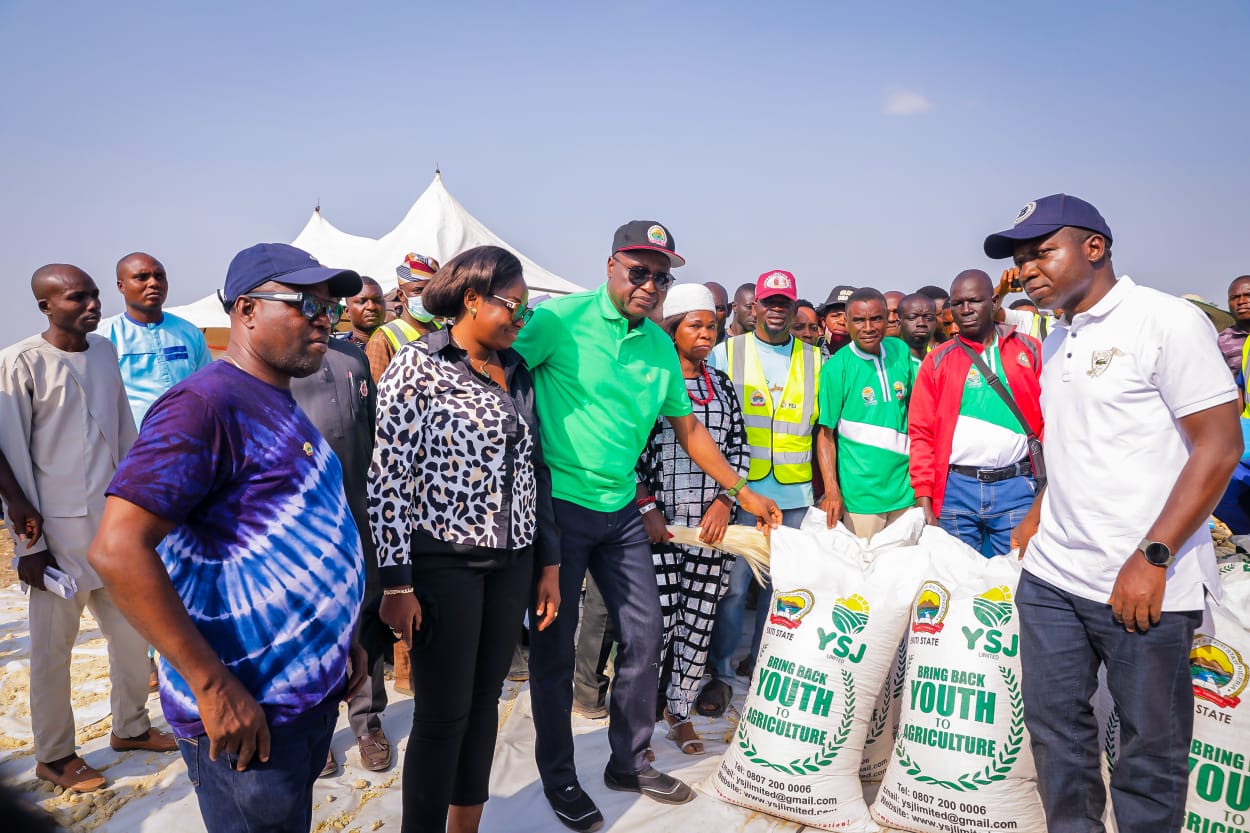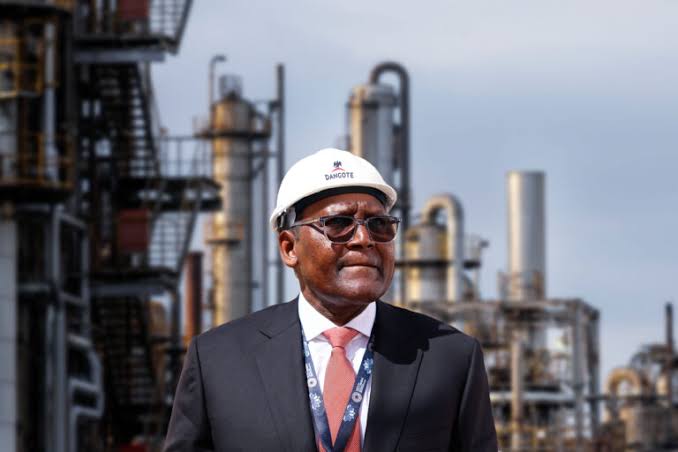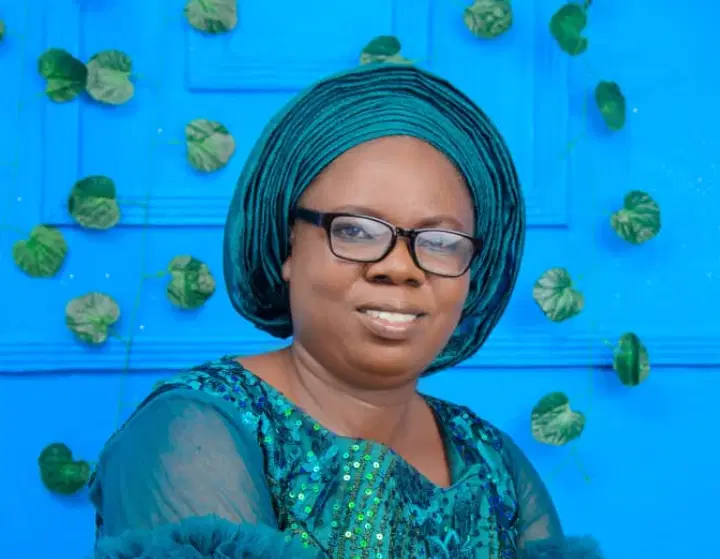Nigeria And Public Holiday's Extravaganza: Prioritizing Faith Over Economic Stability And Development

By Maxwell Adeyemi Adeleye
In a recent press statement released by the Ministry of Interior, the Federal Government of Nigeria announced the approval of an extra public holiday to fall on Thursday, 11th April, 2024. This will serve as an additional public holiday to the already declared 9th to 10th of April, 2024 public holiday for the celebration of Eid-El-Fitr. This important decision of extending the holiday period to three days, is said to be a recognition and celebration for the Muslim Ummah for the successful completion of Ramadan.
This announcement which was made by the Honourable Minister of Interior, Dr. Olubunmi Tunji Ojo, made me ponder about the deep-rooted practice of Religious economy in Nigeria. The declaration of two public holidays designed to foster inclusivity amongst the citizens would cost the economy a chunk of economic decline already, why was a third day added?
As I tried my best to justify the reasons for this decision, I am compelled to reflect on the implications of Nigeria's religious economy on its economic growth, most especially during this delicate period of economic instability and challenges that the nation is already grappling with. Economically damaging issues like inflation, unemployment, and infrastructural deficits would not fix themselves. The government can only achieve the desired stability by ensuring easy navigation and ensuring balance between religious observances and promoting economic prosperity.
I know religious holidays, such as Eid-El-Fitr, Christmas, hold profound cultural and spiritual significance for millions of Nigerians. But we as Nigerians should also be aware that these days also entail significant economic implications, as most businesses are compelled to close their doors, disrupting normal commercial activities. While these holidays serve as moments of spiritual reflection and communal gatherings, they also contribute to decreased productivity and revenue generation for both government owned and most private organizations during holiday periods—a reality that takes the forefront in the discussion of economic stability.
Research shows that the relationship between religion and economic growth remains a complex issue. Economists like Robert Barro and Rachel McCleary have stressed the potential drawbacks of excessive religious observance on a nation's economy, stating that high levels of religious devotion may divert resources away from productive sectors and towards religious activities. In a nation like Nigeria, where the economy is already fragile and susceptible to decline due to external factors and fluctuations in global oil prices, the economic strain of extended holidays cannot be ignored.
Delving deeper into the religious economy in Nigeria, it is safe to say that it is connected to social inequality and resource distribution, as lower-income individuals and small businesses bear the economic strain of long holidays more heavily. The economy is hard, but why make it harder? Policymakers must be charged with the tasks to carefully balance religious freedoms and economic stability while dealing with these complexities. Declaring three working days as public holidays will definitely have a toll on the economy. While also passing messages to the citizens on the huge importance placed on religious activities rather than work.
This can be seen as the Governor Radda of Katsina state added the 12th of April as the fourth day to the public holiday for workers in his state. A whole state would shut its economy for four whole days because of religion. How then do the economy improve? And how then would workers prioritize work on the high cadre it requires for success?
Maybe if the government can prioritize investments in diversification efforts and supporting entrepreneurship in non-religious fields, it might be possible to decrease the economy's reliance on religious activities and open up opportunities for growth and advancement. In order for Nigeria to successfully recover economically and build resilience, it is important to take an approach in dealing with the challenges presented by the country's religious economy. By implementing specific policy measures, Nigeria can utilize the diversity of its religious makeup to stimulate long-lasting economic development and well-being for everyone in the country.
The poor blending of faith and economic stability poses a complicated and multi-dimensional obstacle for Nigeria. But through the execution of specific policy measures and careful deliberations by policymakers, Nigeria can address these challenges and pave the way for a more prosperous and fair future for all Nigerians by eradicating the practice of Religious Economy.
Maxwell Adeyemi Adeleye sent this piece from London, United Kingdom. He can be reached via [email protected]



